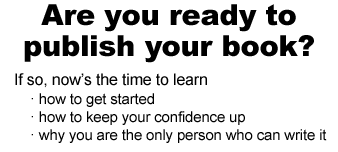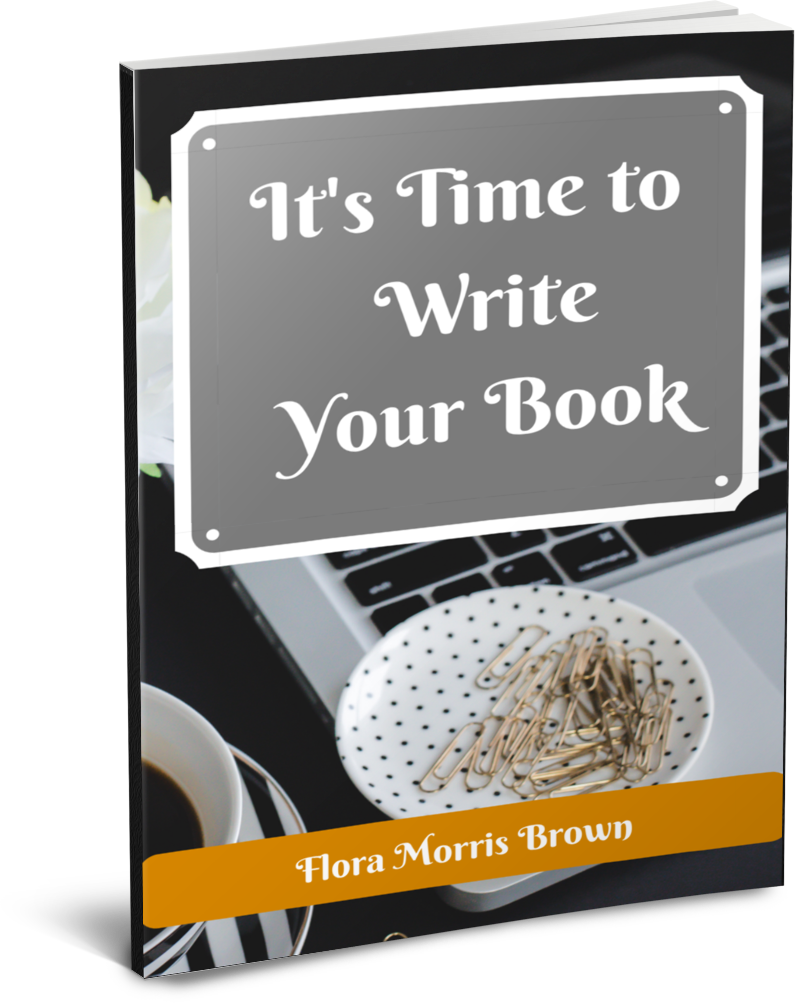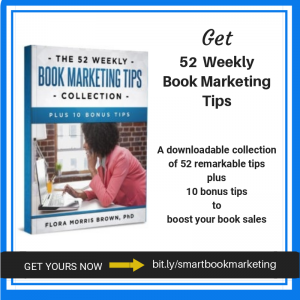 When I read that Encyclopedia Britannica was ending its 244-year print doors, it brought back memories, but not of Britannica.
When I read that Encyclopedia Britannica was ending its 244-year print doors, it brought back memories, but not of Britannica.
Encyclopedias meant a lot to my mother. She never finished college, but always had a keen thirst for learning. The most insignificant question would send her scurrying to her the World Book Encyclopedia for answers with illustrations.
My mother was frugal and definitely not an early adopter. (I was 12 years old before she bought our first television.) But when the World Book encyclopedia salesman came calling, her toughest decision was picking the color of the cover (she chose the white leatherette) and deciding where the bookcase that held the treasured set would be placed.
World Book, Inc. began in the early 1900’s through the publishing house, Hanson-Bellows Company. At first they were publishing a general purpose reference tool called The New Practical Reference Set. But wanting their reference work to be easier to read and more engaging that other encyclopedias at the time, they sought the help of Wisconsin academic Michael Vincent O’Shea. He spent two years editing and reshaping the works.
In 1917, the first set loaded with thousands of detailed illustrations and photographs was published in eight volumes. Among the people I grew up with, owning a set of World Book Encyclopedia was highly prized.
As Britannica goes completely digital, the final print set will be available for $1395. Of course, there’s an app available as well.
Now that Britannica’s announcement has spread, the sale of the final print version has skyrocketed as collectors recognize the value of a vanishing form. Sales went from selling 60 sets a week to 1,050 sets a week and are being sold by some second party retailers for twice the price. The company will hold on to a few sets for museums and such.
The end of the print version of Britannica does not mean the end of the company. On the contrary, they are heavily involved in their digital products and will continue to create and promote those.
World Book may well decide to follow suit and end their print version as well, but the memories of combing through those slick pages learning about many things in our pre-Google days will last forever.











